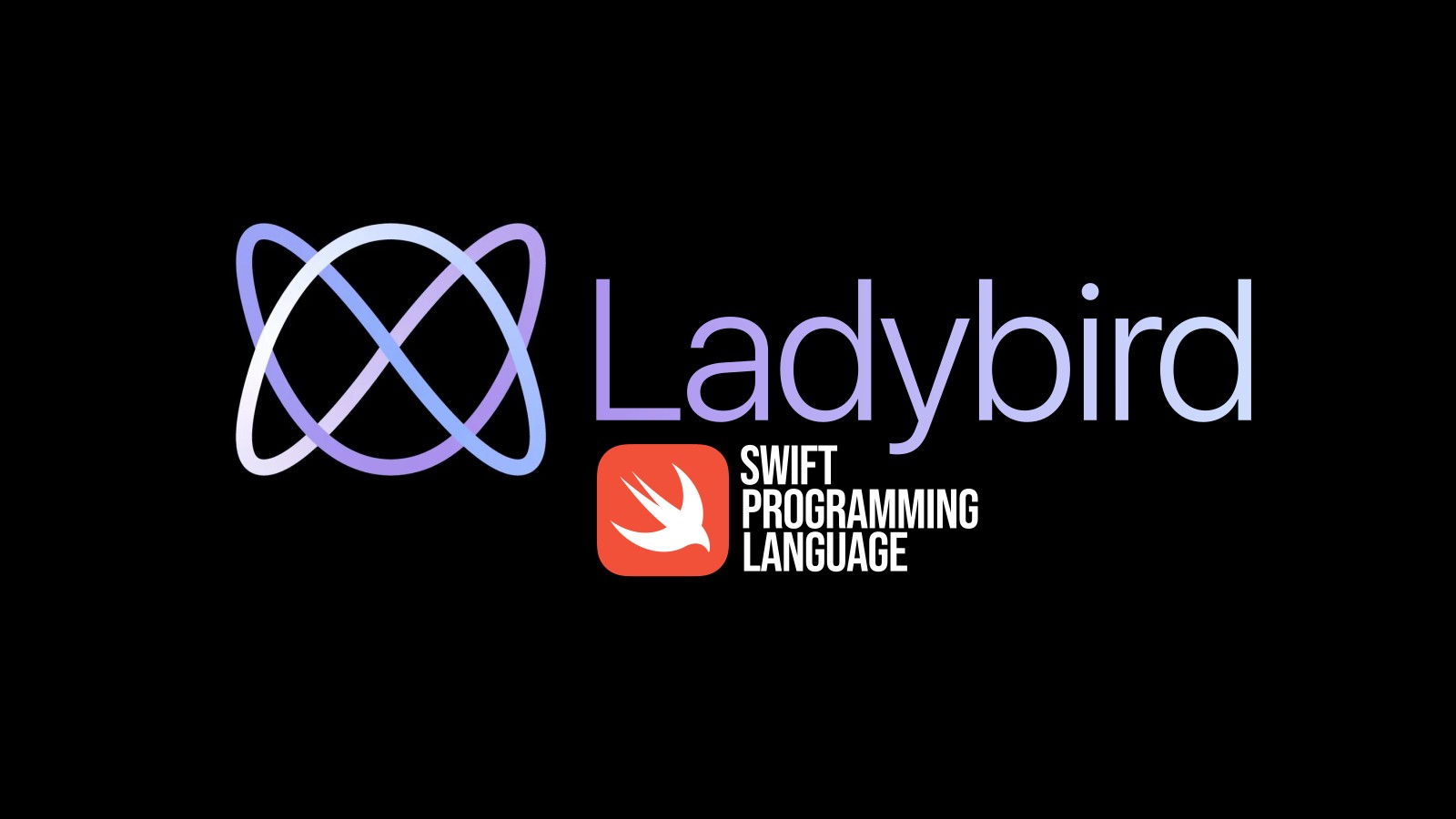I would have preferred Rust, a language created by Mozilla instead of one with ties to Apple, but I’m not a dev so I can’t really judge. What are your thoughts?
Independent of corporate interests
.
Picks one of the few languages created due to corporate interests
This will die on the vine
Rust was made by Mozilla? TIL
Yep. It was developed to improve parallelization and security of Firefox. Many core parts of Firefox have been replaced with Rust implementations.
I see now. Rust is the color of fox, and foxes eat crabs. It all makes sense now.
I do wonder: why not rust? It would have been amazing. A fast language on par with C++ that also is memory safe. But Swift? You gotta be kidding me…
Oh, programming language. My brain was stuck trying to figure out if Swift is related to Swiss.
Rust would have been good in the long term but it’d take a long time to get to release.
Swift mates sense for rapid deployment.
Go would have been my choice concurrency would maybe help with lots of tabs
That’s weird.
For anyone who knows more about this, how does it compare to Servo? https://servo.org/
Servo barely works right now. Ladybird somewhat works. Neither are ready for daily use.
servo is a lot further along because they’re not bothering with javascript and are just using spidermonkey. see WPT: https://staging.wpt.fyi/results/?product=servo&product=ladybird
I not entirely sure but from what I can remember Andreas Kling is seen using Mac-os in a Ladybird update video so it could be possible that it is his main operating system. Take this with a grain of salt.

Thank you :/
Ladybird Browser Team Selects Swift as Preferred Language Andreas Kling announces Swift as Ladybird’s future language for better safety and ergonomics. Full transition awaits Swift 6.
ByBobby BorisovAugust 11, 2024 Ladybird Browser Team Selects Swift as Preferred Language Ladybird is a new name in the Linux ecosystem you might not be familiar with. So, let’s briefly explain what it’s all about.
It’s a web browser initiative, funded by $1 million, spearheaded by GitHub co-founder and former CEO Chris Wanstrath and tech visionary Andreas Kling. It seeks to challenge the status quo with a new browser written from scratch, completely independent of corporate interests. Our article on the subject has more on this. Now, back to the topic.
Over the past few months, Ladybird’s developers have been experimenting by rewriting different parts of the browser project in various languages. The outcome was clear: Swift emerged as the preferred choice among the team. According to Kling, the feedback favored Swift for its modern features and robust safety protocols.
Another significant advantage of Swift is its ongoing improvements in interoperability with C++. This development means Ladybird can adopt Swift gradually, without extensive rewrites, easing the transition and reducing potential integration issues.
Now, I’m sure you associate Swift with app development for Apple devices, where it’s been the go-to technology. But recently, that’s started to change.
What I mean is despite its strong associations with Apple, Swift has been making strides towards independence. It has been reorganized under a separate GitHub organization, distancing itself from Apple-specific projects.
This shift, coupled with better support for non-Apple platforms and diverse development environments, positions Swift as a more versatile and broadly applicable programming language.
Looking ahead, Ladybird plans to implement Swift once version 6 exits beta this fall. The upcoming release promises compatibility with the latest versions of Clang, essential for integrating Swift with Ladybird’s existing C++ code.
It’s worth noting that no browser engine has yet been developed using Swift, making this project particularly challenging. As things are still in the early planning stages, we shouldn’t expect to see any initial versions of the Ladybird browser this year.
A more realistic timeline suggests an early preview release could happen in 2025, though the developers have not yet committed to specific dates.
For more information, refer to Kling’s post on X.
Bobby Borisov Bobby Borisov
Bobby, an editor-in-chief at Linuxiac, is a Linux professional with over 20 years of experience. With a strong focus on Linux and open-source software, he has worked as a Senior Linux System Administrator, Software Developer, and DevOps Engineer for small and large multinational companies.
An interesting choice that is. Picking something like Rust would have benefitted them with a big community of open source enthusiasts that could help with contributions
they explained that they chose it because it is interoperable with their existing C++ code base
But Rust is rather good at that, too, via cxx. Mozilla similarly had a C++ codebase where they wanted to integrate Rust.
Granted, this is raw theory. Maybe Swift is better in practice. But yeah, to me personally, it would need to be massively better to pretty much give up on open-source contributions.
pretty much give up on open-source contributions.
You do realise that most major FOSS projects have an iOS app, right? The post I was looking at before this was for a new jellyfin app, small individual dev, has an iOS beta out. For a comparison, there are 9.1 million files on github in Swift, and 11.3 million in Rust.
As well, as far as contributions, Swift was designed from the getgo to be incredibly approachable for novices. While Rust is notorious for being unapproachable. Like I get the anti-Apple circlejerk is strong, but Swift is licensed under Apache 2.0, it’s FOSS, so this argument is kind of ridiculous. Especially considering how much of Google’s FOSS just gets a free pass.
Most FOSS projects weren’t allowed on the app store due to licencing, and although I think this has changed its also probably pushed off a lot of Foss devs.
Number of files doesn’t really mean much more than number of lines though, especially between languages
Barrier to contribute in Swift is wwwaaaaayyyy lower then Rust.
We once ported and Swift App to Kotlin by copy+pasting. It was one day of work.
Rust - imo - is overhyped. It has its niches. But to me it is not the swiss army knife. Swift has better expressiveness then Rust.
Why is there so much hype around this?
Because people love Rust, even though it’s not entirely FOSS.
What are you referring to? https://www.rust-lang.org/policies/licenses and https://github.com/rust-lang/rust?tab=readme-ov-file#license seem to say otherwise…
deleted by creator
See responses to that comment.
deleted by creator
Bruh that’s now what I was talking about at all. I don’t consider closed trademarks something that makes software not free. Rust is basically source-available. You can’t modify it without permission. It’s basically proprietary software.
deleted by creator
deleted by creator
There’s a reason why software is being made with Rust now. It has the speed of C++ (sometimes faster), has a nice syntax, is memory safe by default, has the best compiler error messages and also the book is very good. I learnt entirely by the book and it’s very good at explaining things.
Swift is a fantastic language and with c++ interop out of the box it’s the obvious choice.














